What to plant in November — get your garden ready for spring
Want to know what to plant in November? Follow these tips
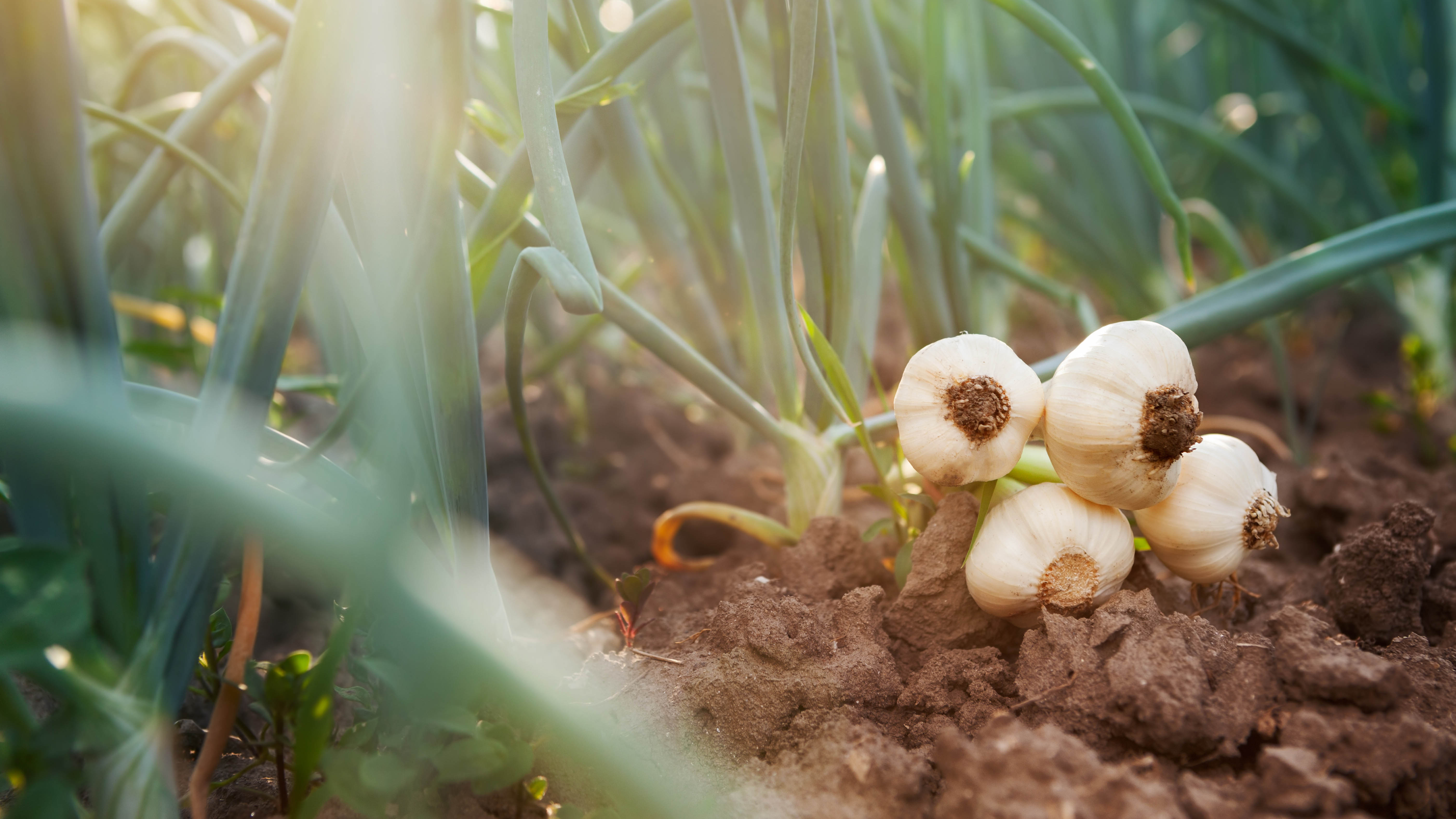
November is here, and with it comes colder weather and shorter days. You might want to get your home ready for fall or maybe you want to know how to bleed a radiator, but let's not forget the garden. In fact, there are several things you can still plant at this time of year which you can reap the rewards for in spring.
Whether you want to fill your bedding with fresh flowers, or you’re more interested in growing your own vegetables, there are plenty of bulbs and seeds you can still sow. It’s better to plant these now rather than wait because the soil will still be warm and will give you better results.
- Check out how to prune hydrangeas
- Here's how to grow a Christmas tree
Flowers you can plant in November
1. Daffodils
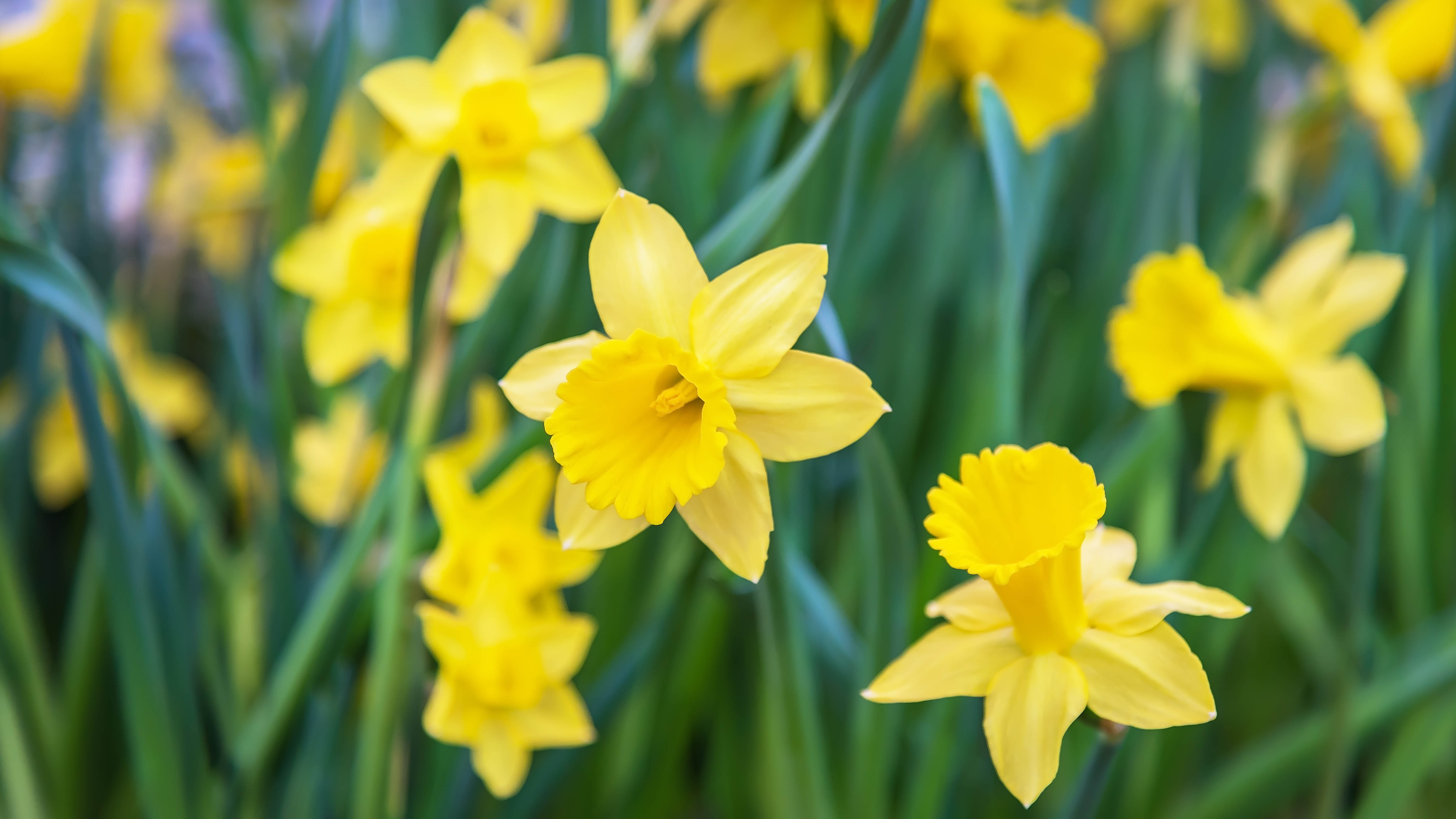
Daffodils always look stunning when they bloom, creating a sea of yellow. As long as your soil hasn’t frozen over, you can plant the bulbs now for a springtime display. These are very easy to grow as well and just need watering regularly.
Bulbs should be planted about three to six inches deep and four to five inches apart for best growth. And once they’ve bloomed in the spring you might be wondering what to do with your daffodils after they've flowered, to ensure they continue to flower the following year.
2. Hyacinth
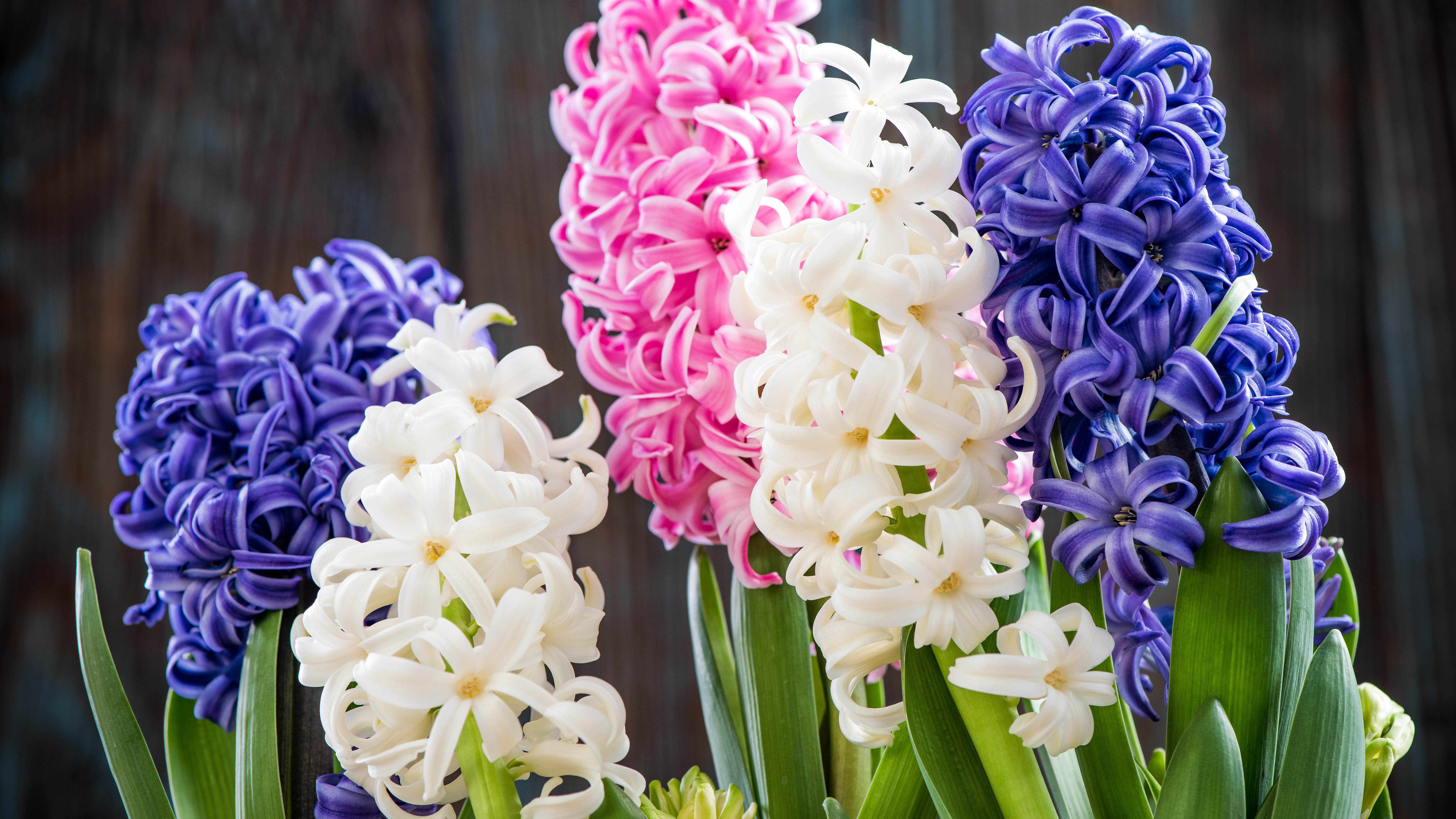
Hyacinth is another bulb you can plant now if you want clusters of flowers in the spring. These should be planted four inches deep and about three inches apart. Hyacinths prefer to be planted in the sun, but will grow in shaded spots too.
3. Pansies
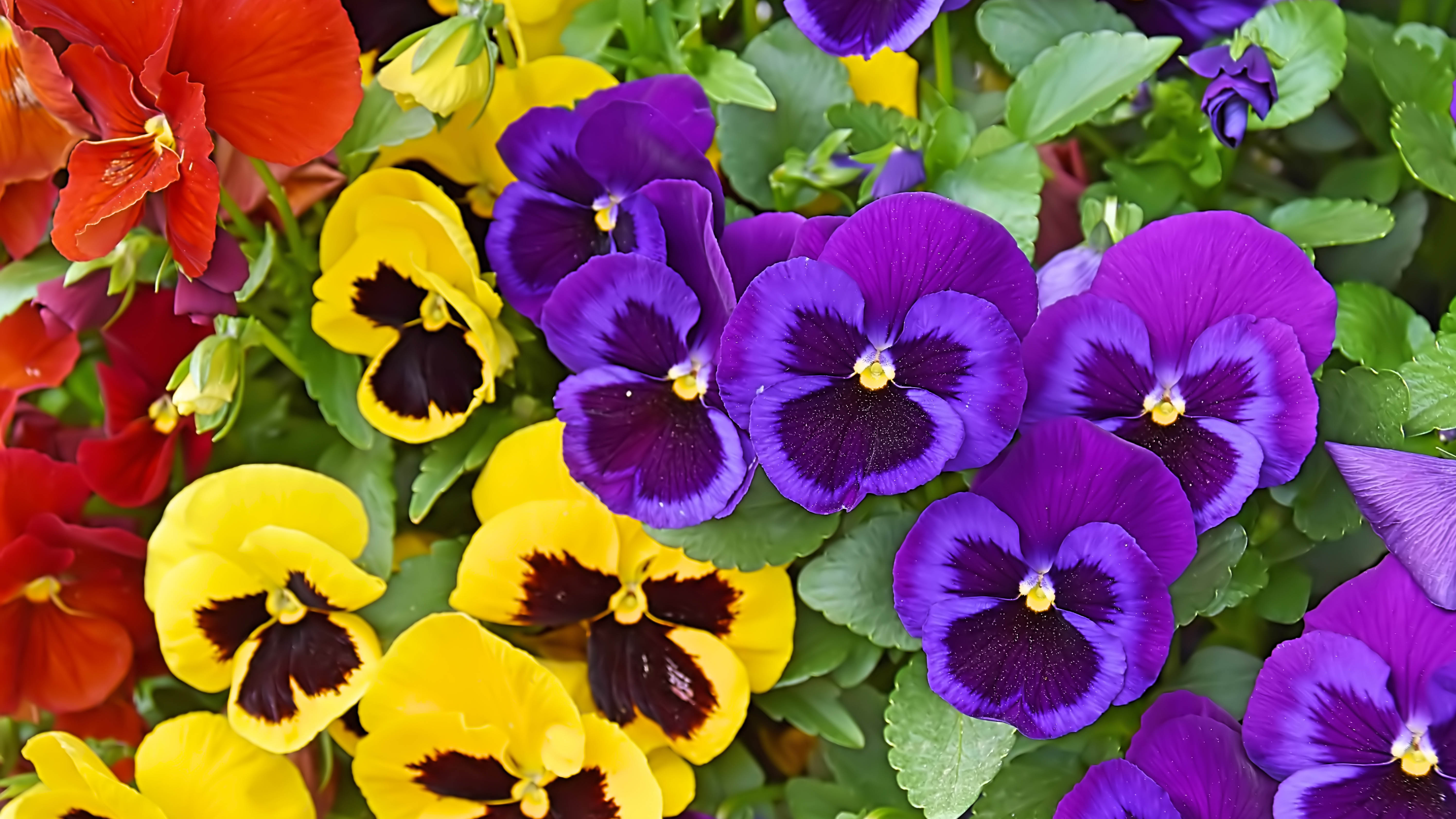
Pansies can give your garden some well-needed color in the winter and will bloom throughout the season in mild climates. These will need regular watering, feeding and deadheading to stay healthy.
At this time of year, you can plant a full grown pansy, but it's too late to sow the seeds.
Get instant access to breaking news, the hottest reviews, great deals and helpful tips.
4. Sweet Peas
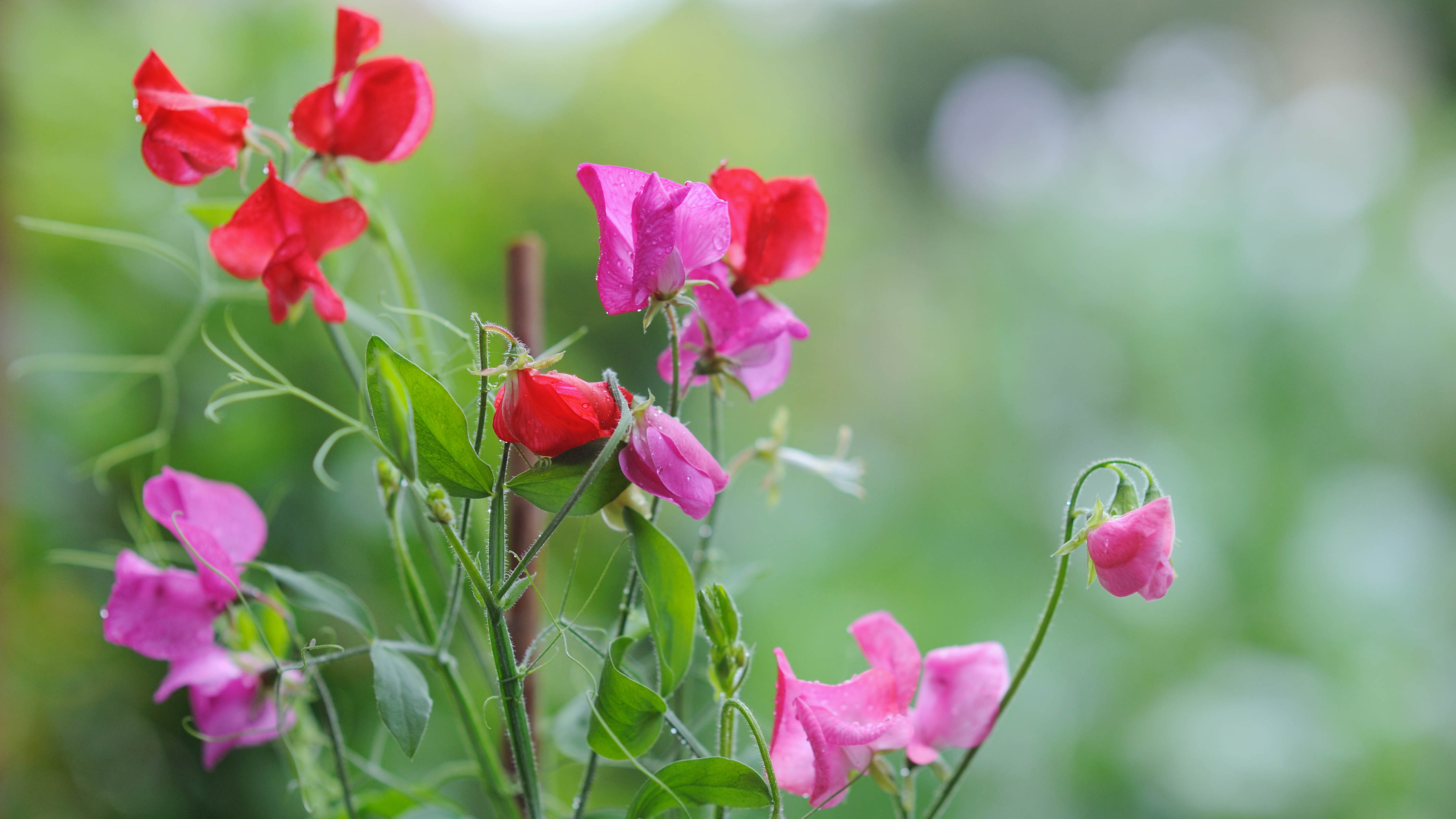
You can sow sweet pea seeds in November for hardier plants, but make sure they’re in a frost-free position. These should cling to any supports naturally, but you can tie them if necessary.
The seeds don't need to be deep — just under half an inch, and they should be spaced eight inches apart.
5. Snapdragon
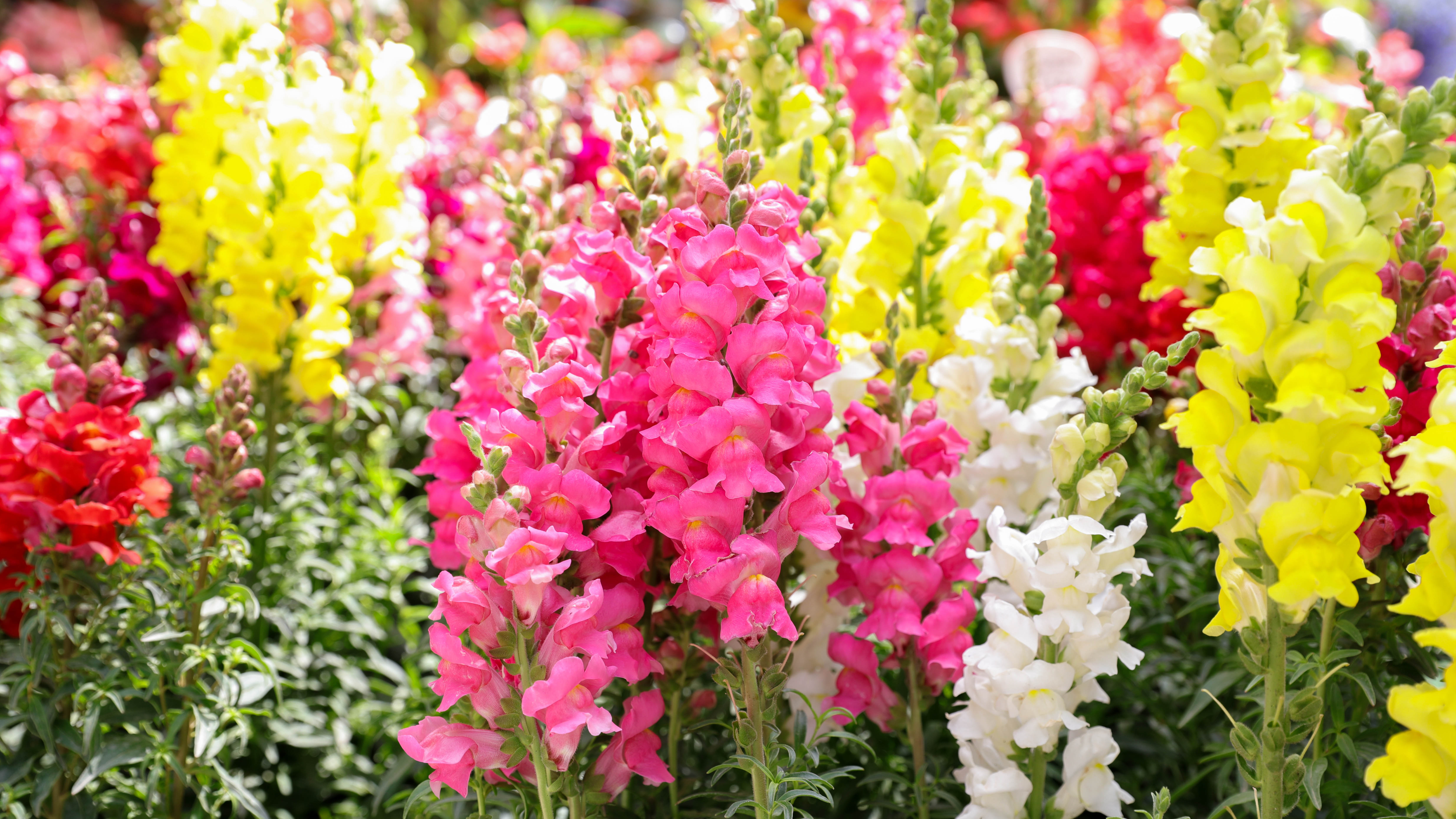
Snapdragons are another option if you want to give your garden a bit of color throughout the colder months. These grow best in mild climates and should be planted in a sunny spot. Fading in the springtime is natural, but some can rebound when the temperature drops again.
You should only plant fully grown snapdragons at this time of year — seeds can be sown in the spring.
6. Herbs
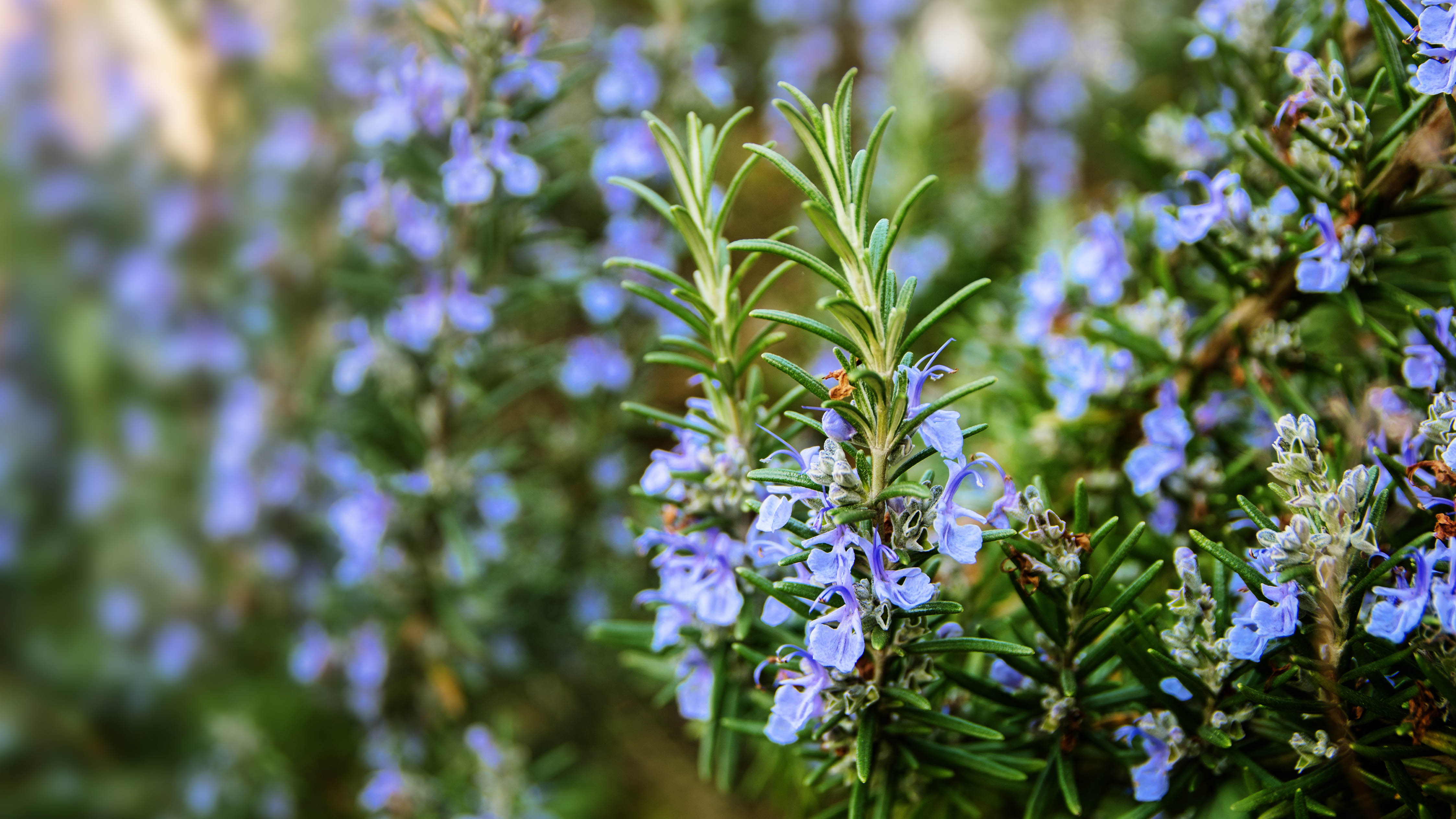
It’s a good time to plant certain herbs, such as rosemary, parsley, thyme and chives. These can handle colder temperatures and will give you your very own supply of seasoning for years to come.
We recommend using a growing tray, such as the 10 Seed Starting Plant Growing Trays from Amazon, before converting them to your beds. Plant the seeds an inch deep and space depending on the size of the herb.
Vegetables you can grow in November
1. Garlic
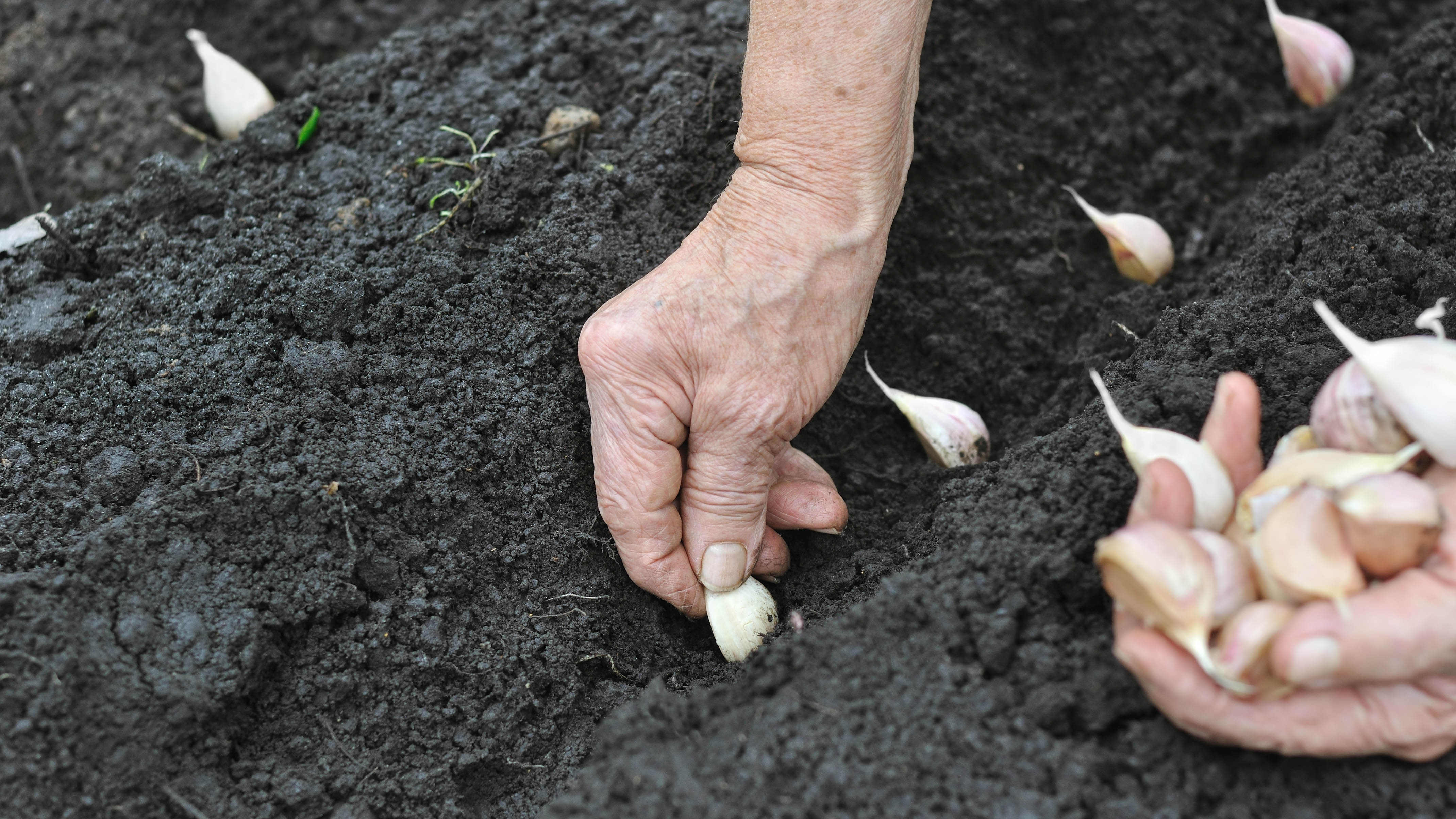
If you love garlic, now’s the time to act — by planting individual cloves in the fall, you can harvest them in time for next summer. Garlic needs very little maintenance, except occasional watering if the soil becomes dry. Protect your garlic from birds with a layer of fleece or straw when first planted.
Cloves should be spaced six inches apart, with the tip just below the soil surface. The flat end should face down, while the pointed end should be up.
2. Broad Beans
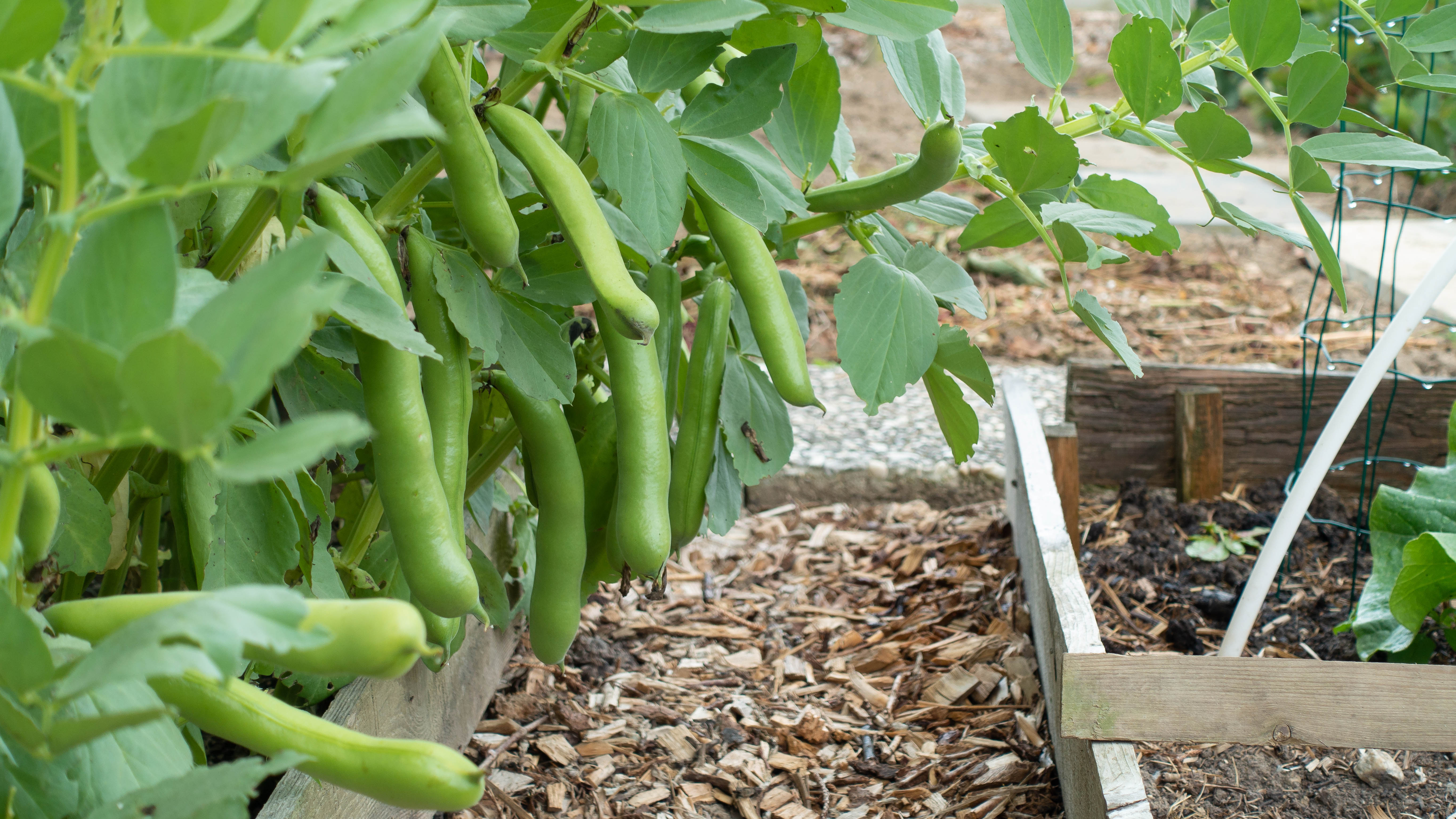
You can sow broad bean seeds now to harvest next summer, although they will need protection unless you live in a mild climate. When it comes to picking the pods, wait until the beans are visible.
The seeds should be about two inches deep and eight inches apart.
3. Onions
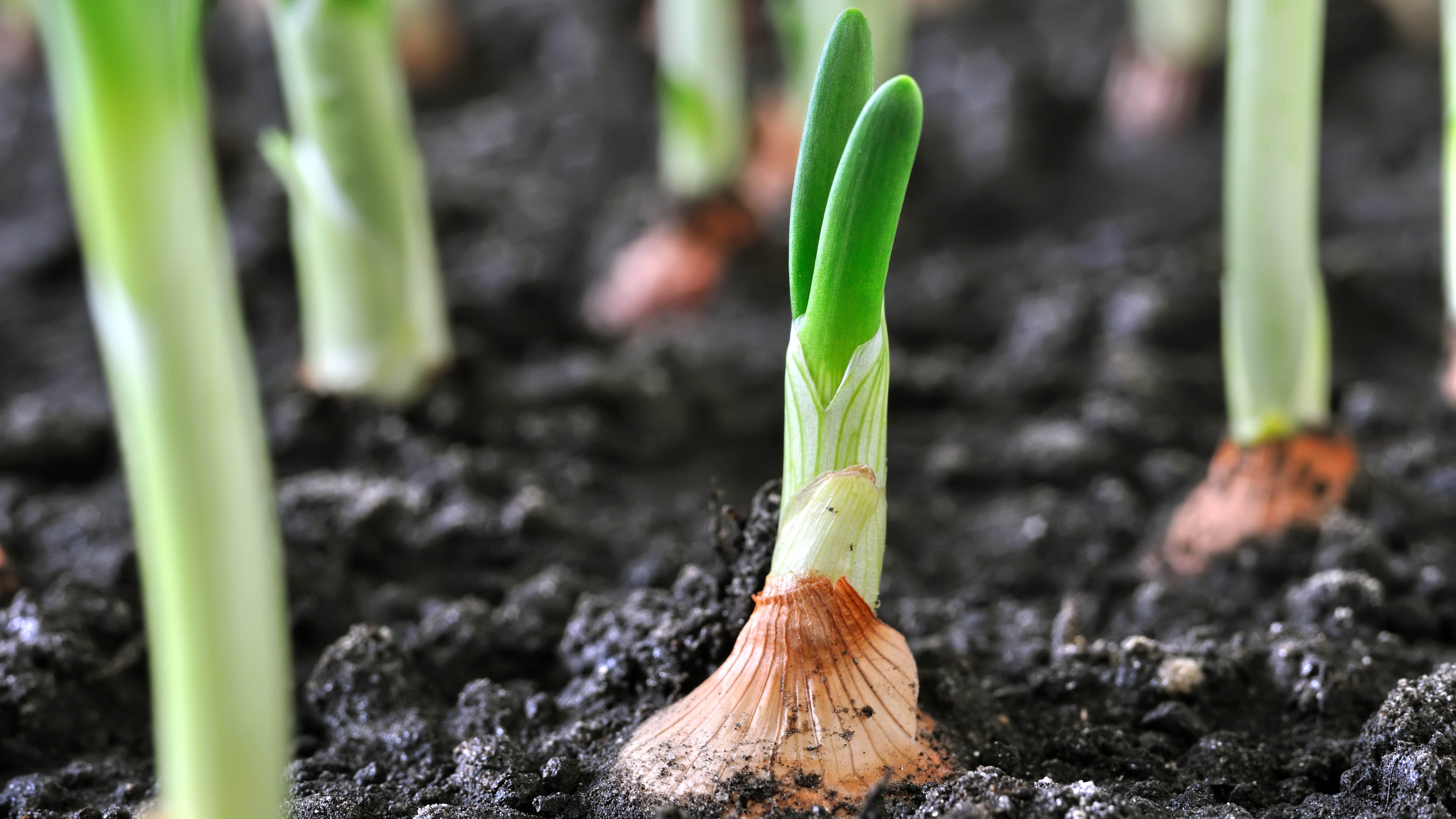
You’re better off planting onions outdoors when they’ve reached a small set size, rather than as seeds. The tips should just be showing when you plant these below the surface. Again, fleece or some other covering is a good idea to keep birds at bay. They will be ready to harvest from June onwards. Space each set about four inches apart.
Next: 5 lawn and gardening jobs you need to do in November. Plus, here's how to grow garlic in 6 simple steps.

Katie Mortram used to be a Homes Editor for Tom's Guide, where she oversaw everything from kitchen appliances to gardening tools, as well as smart home tech. Specializing in providing expert advice for cleaning and home manintenance, she now works as Household Advice Editor for Good Housekeeping.
 Club Benefits
Club Benefits





